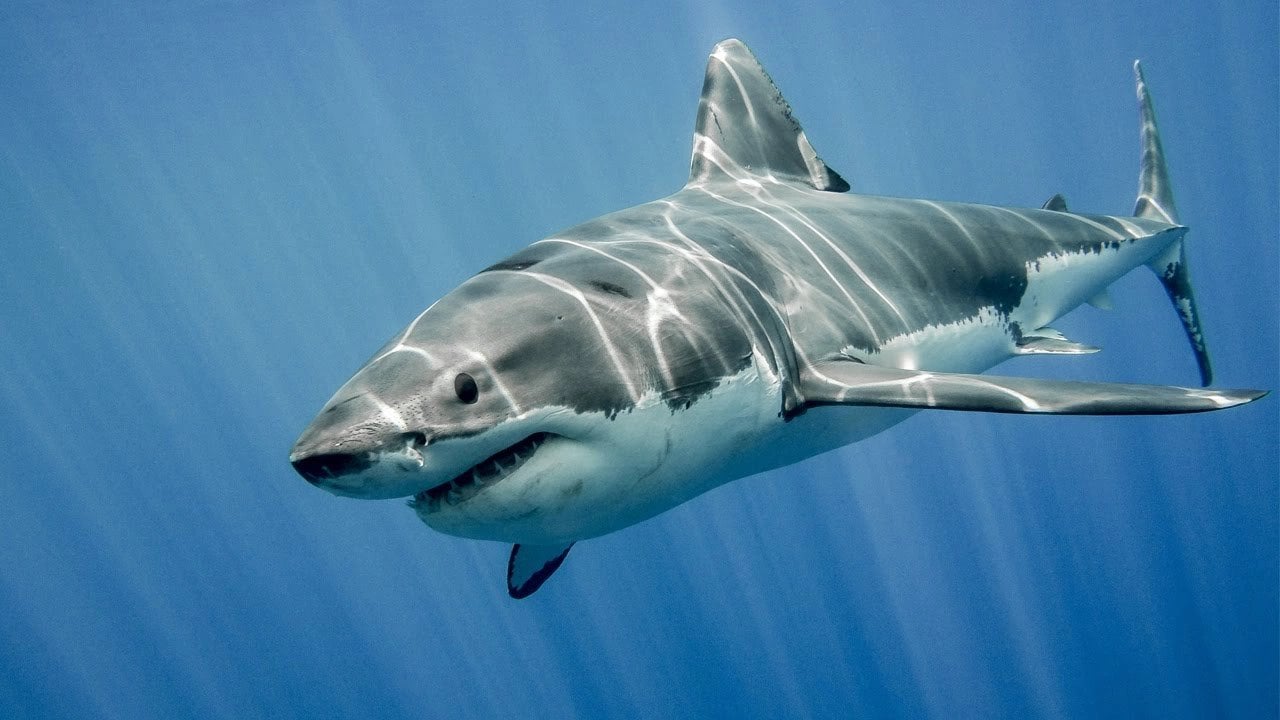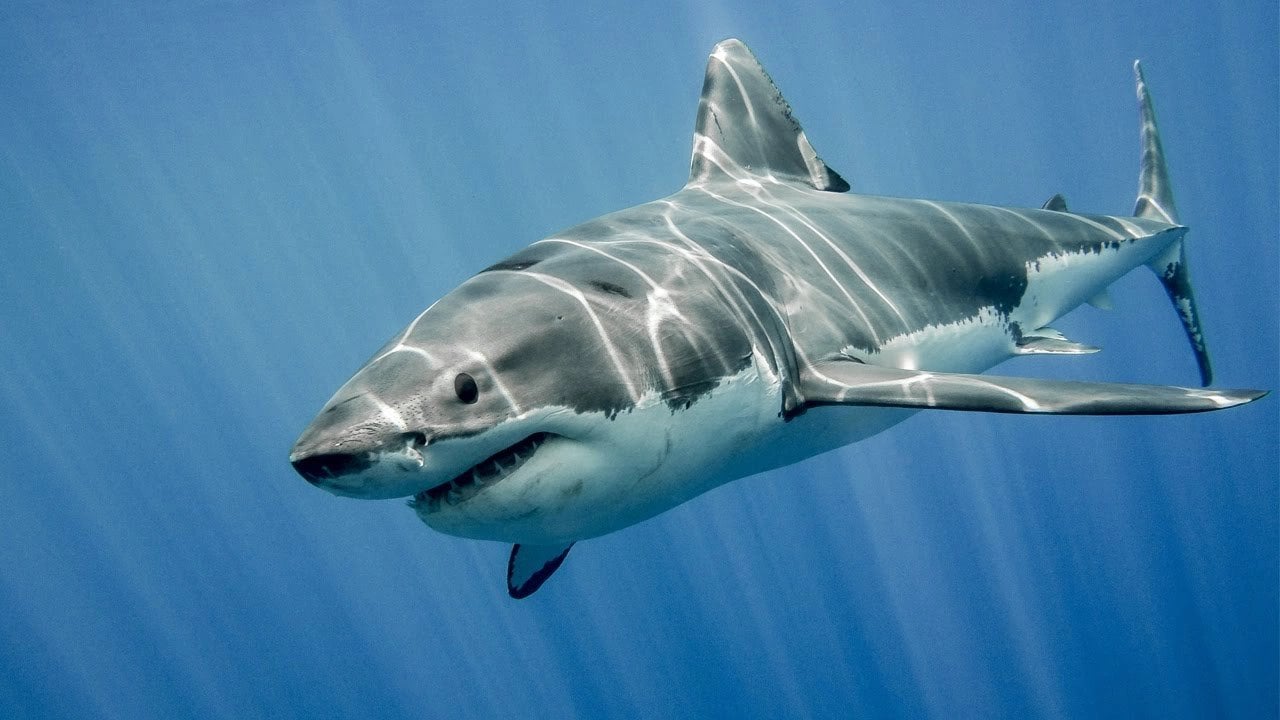Sharks are highly evolved predators. Mentioning this marine creature almost immediately brings to mind horror movies featuring the most powerful predators on the planet. This sea monster haunts both marine life and humans alike. It's so terrifying that some people wish sharks didn't exist.
They have swum in the oceans for 400 million years and have diversified over time to inhabit rivers and lakes as well. Approximately over 500 species of sharks exist on Earth today, and there may be more yet to be discovered.
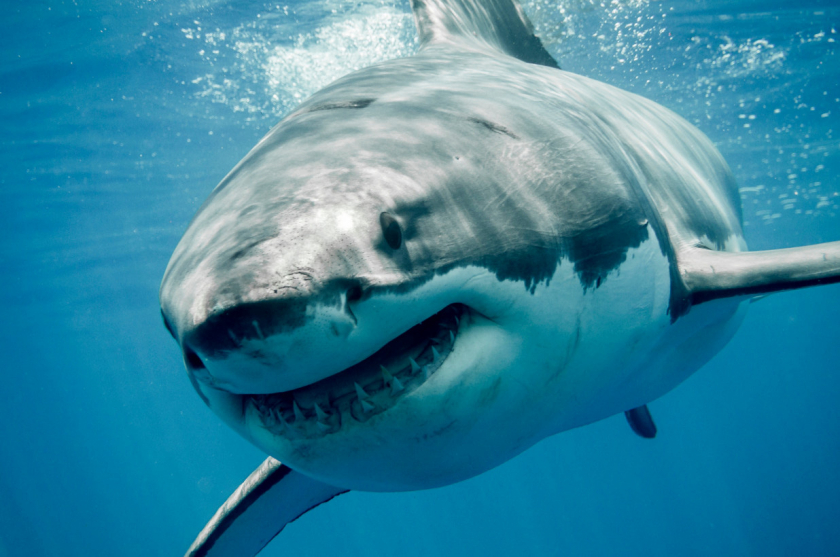
When people think of sharks, they immediately picture one of the most powerful predators on the planet, possessing some of the strongest jaws.
Sharks are found in all ecosystems around the world, including mangrove forests, tropical coral reefs, and the frigid Arctic Ocean. Regardless of where they live or how large they are, all sharks are predators and play a vital role in the health of the environment.
The disappearance of top predators like sharks would cause a serious ecological imbalance, leading to the demise of many other animals. The seawater would certainly remain a deep blue, but without sharks, the ocean ecosystem would not be what it is today.
Sharks easily hunt smaller and weaker fish, thus ensuring a healthy fish population at a scale appropriate to its habitat. Through their presence, they can even help protect the ecosystem. For example, tiger sharks often swim around seagrass beds, scaring turtles away from the vegetation.
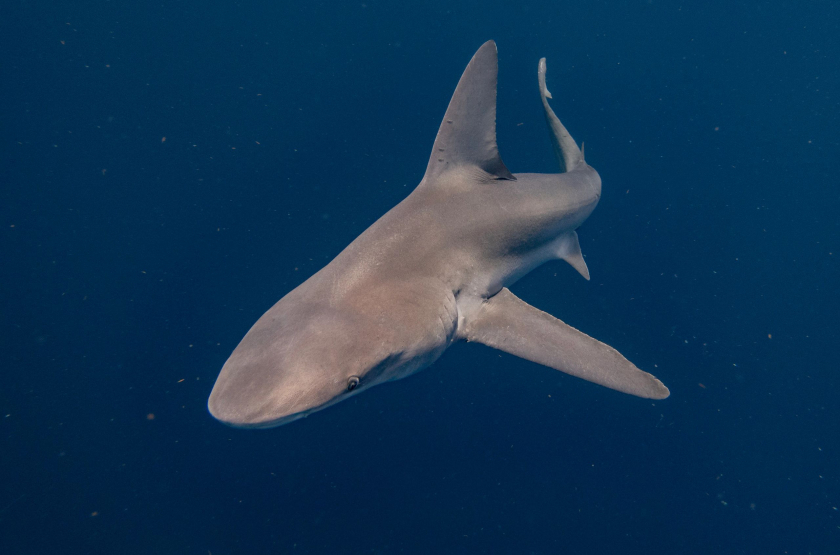
Sharks have lived on Earth for hundreds of millions of years.
According to the journal Nature, since 1970, the number of sharks and rays living in the world's oceans has decreased by more than 70%. The main cause of this rapid decline is primarily due to overfishing by humans.
Scientists are asking what would happen if sharks completely disappeared from the ocean? Without sharks, the number of small fish would increase dramatically because they would have no predators. Their food sources—plankton, microorganisms, and small shrimp—would be devoured. With insufficient food, some species would eventually starve to death. Algae and bacteria would invade coral reefs, preventing photosynthesis. The coral would die, leaving only its skeleton, which would then turn into limestone. Ultimately, the marine ecosystem would become unbalanced, and humans would not have enough food.
Sharks hunt to eliminate weaker individuals within the school, thus ensuring a healthy fish population at a scale appropriate to its habitat. Sharks also contribute to regulating oxygen production in the ocean by consuming juvenile fish, indirectly creating conditions for oxygen-producing plankton to thrive and helping to regulate oxygen levels in the ocean.
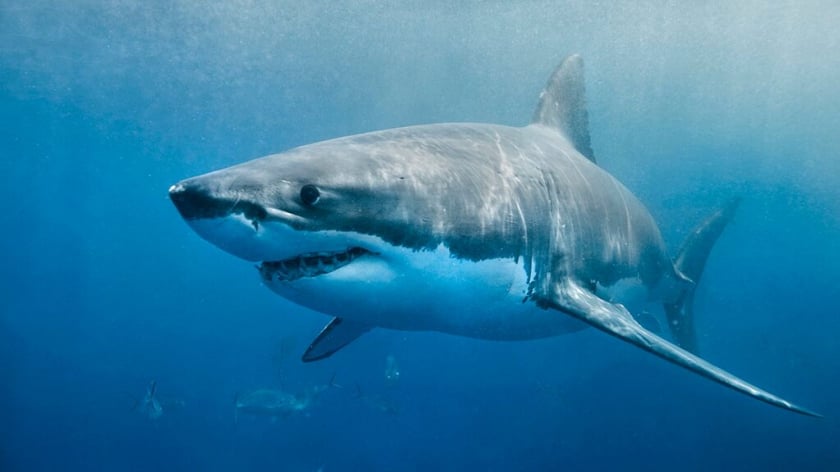
If the marine ecosystem is unbalanced, humans will not have enough food if sharks disappear.
In addition, sharks also provide food for predators in the ocean. The great white sharks that washed ashore on South African beaches with their livers missing are believed to be victims of killer whales.
Despite their importance, approximately 25% of shark species are currently threatened with extinction. This is due to their low birth rates and slow growth rate. Many species living in mangrove forests also face habitat loss as the forests are destroyed for residential development.
If sharks disappear, the impacts on ocean food webs will sooner or later affect humans. It's crucial to understand how much the ocean needs sharks, and how much we need them too.

 VI
VI EN
EN



